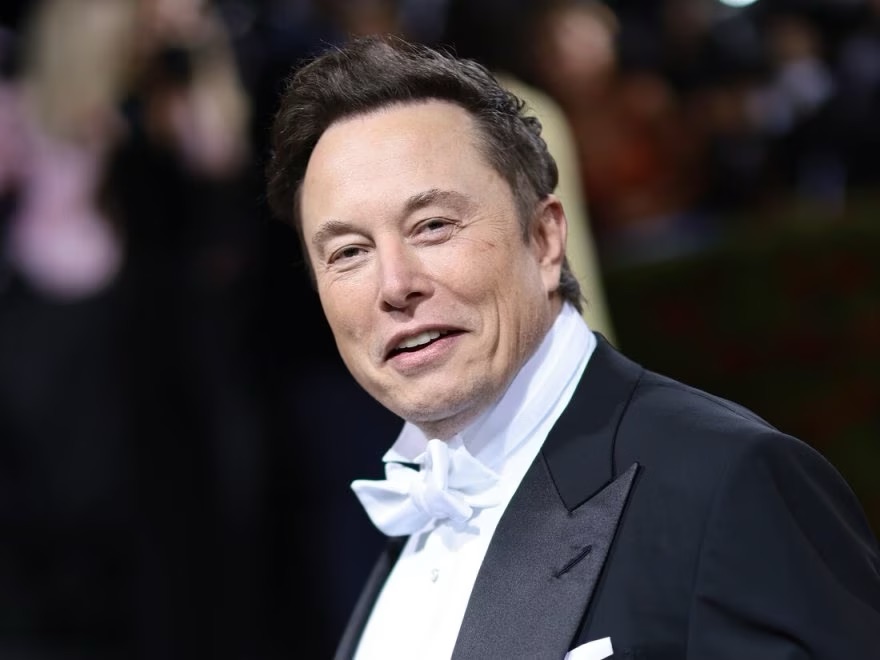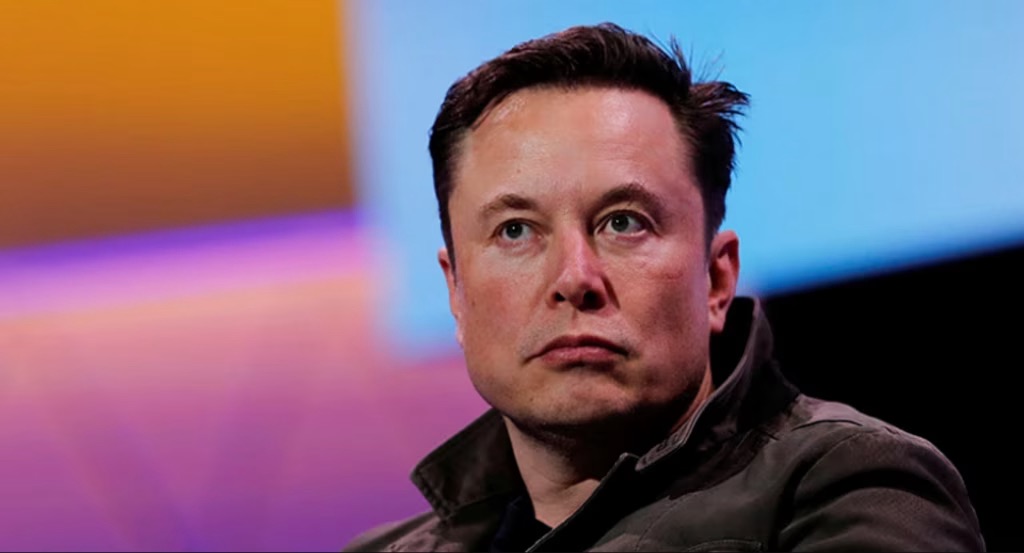Elon Musk, a co-founder of OpenAI, has filed a lawsuit to block the company’s transition to a for-profit entity. Musk argues that this shift goes against OpenAI’s original mission to ensure artificial intelligence benefits all of humanity. The transition, which includes partnerships with corporations like Microsoft, has led to concerns about prioritizing profits over ethical considerations and public interest. Musk’s legal action seeks to preserve the non-profit principles under which OpenAI was founded in 2015.

The lawsuit also accuses OpenAI and Microsoft of engaging in anticompetitive practices. Musk claims that their partnership has created an uneven playing field in the AI industry. According to him, Microsoft’s significant financial investment has granted OpenAI access to exclusive resources, such as advanced computing power, which smaller competitors cannot match. This consolidation of power, Musk contends, could stifle innovation and competition in the fast-evolving AI sector.
In response, OpenAI has dismissed Musk’s allegations, stating that its transition to a “capped-profit” model is necessary to attract substantial investments for research and development. The company maintains that it remains committed to its ethical mission, despite its need for funding to stay competitive in the global AI race. OpenAI has reiterated its dedication to ensuring that artificial general intelligence (AGI) benefits everyone, rather than serving narrow commercial interests.
This legal battle underscores broader tensions in the AI industry, particularly the challenge of balancing ethical responsibilities with commercial viability. As AI technologies become increasingly integrated into daily life, companies face growing pressure to adhere to ethical guidelines while competing in a high-stakes market. Musk’s lawsuit highlights the potential conflicts that arise when organizations originally founded on altruistic principles transition to profit-oriented models.
The outcome of this case could set a precedent for the governance of AI organizations, especially those with significant societal impact. It raises critical questions about how companies can maintain ethical integrity while securing the funding needed for innovation. If successful, Musk’s lawsuit might influence the future structure of AI firms and their accountability to public interests, reshaping the industry’s trajectory.





